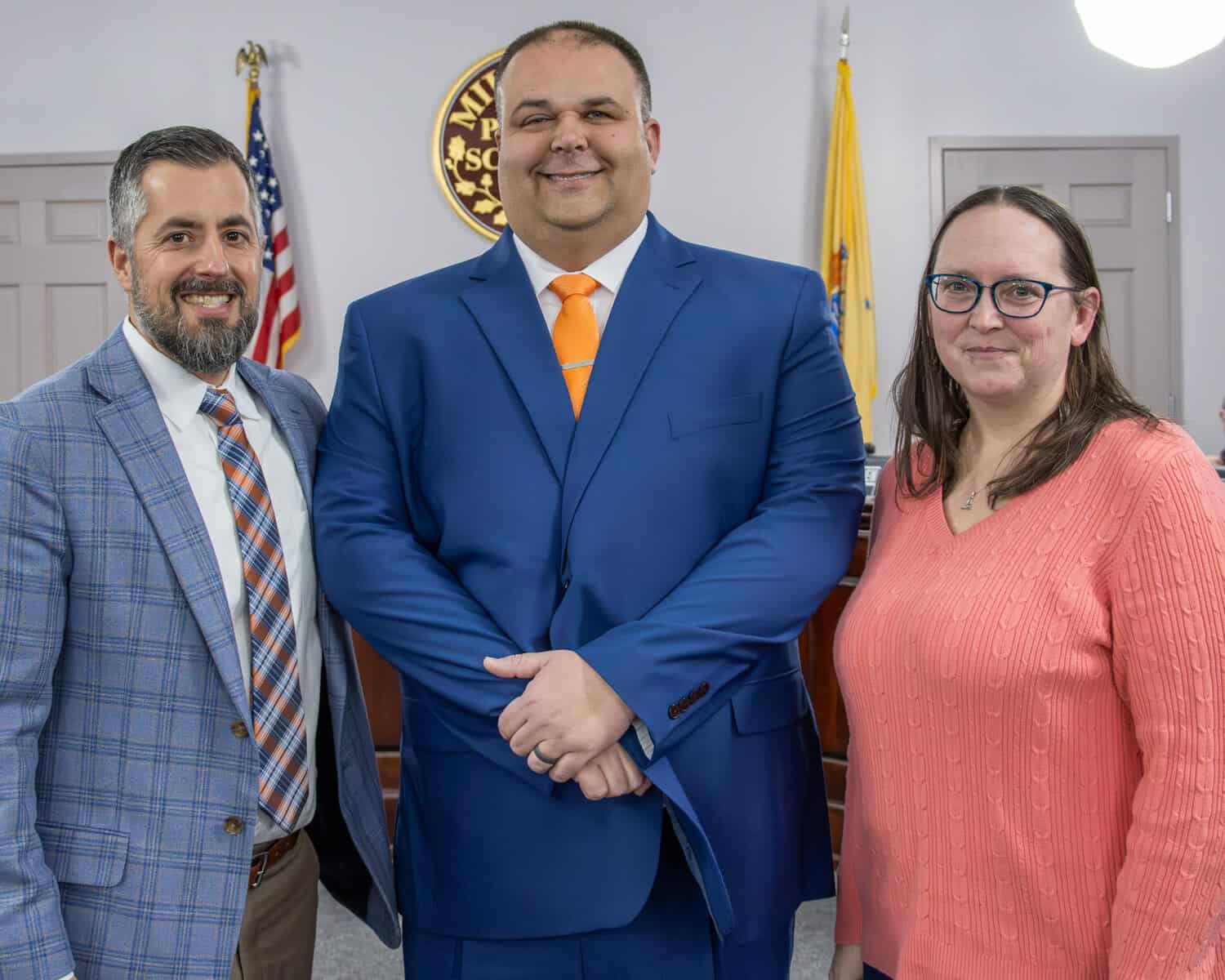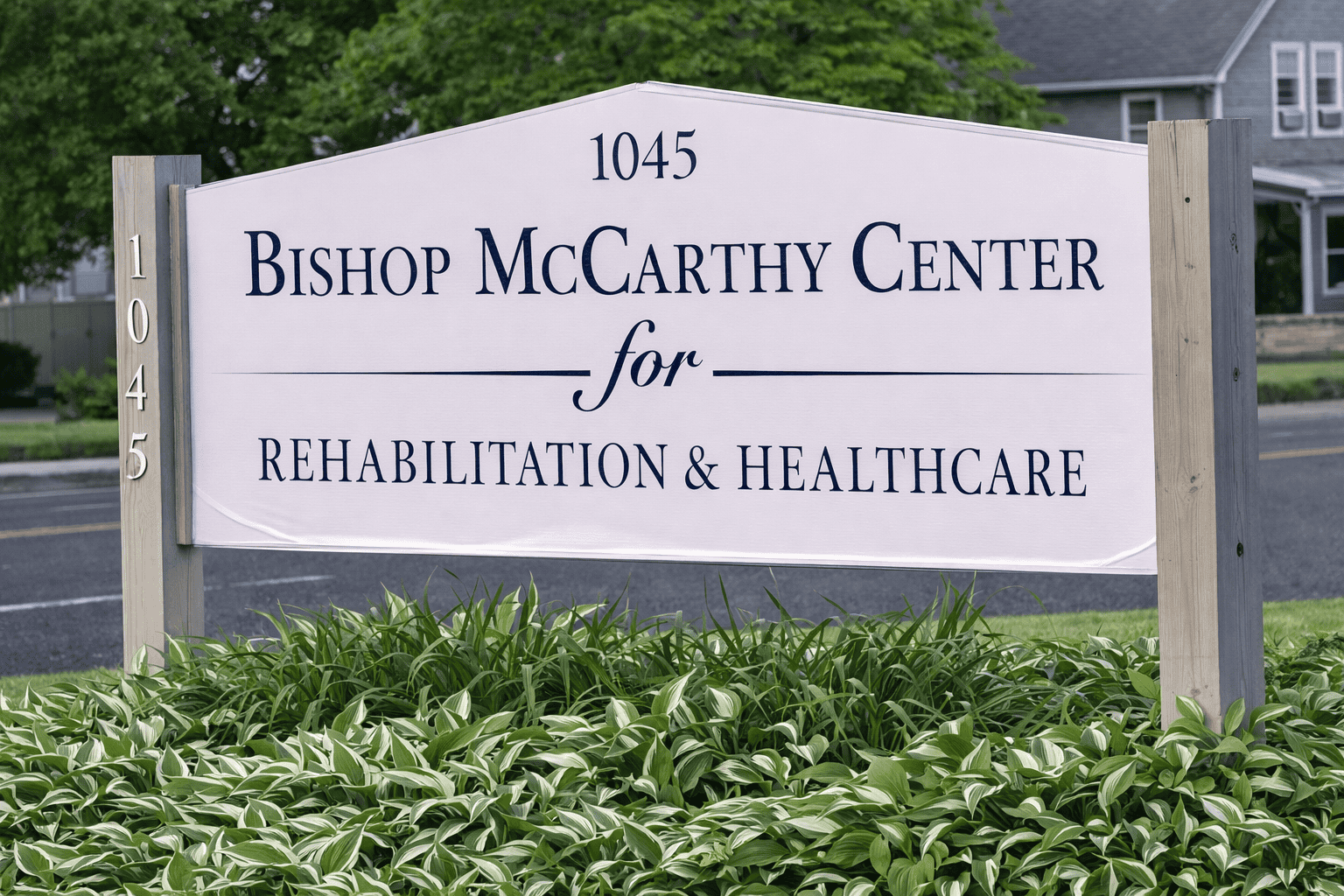Estell Brothers
Daniel and John Estell IV operated a glass factory that employed as many as 80 workers by 1844.
The death in 1839 of John Estell III, founder of Estellville Glassworks in Weymouth Township, resulted in the business being turned over to his son Daniel. One year later, Daniel’s brother, John Estell IV, became a partner in the company as the glass factory thrived, employing as many as 80 workers by 1844, according to the National Register of Historic Places.
One advantage Estellville Glassworks had over similar businesses in South Jersey, like the Eagle Works in Port Elizabeth, was the ownership of boats that could transport the company’s goods down Stephens Creek to Great Egg Harbor River and on to New York, Philadelphia, Boston and Baltimore. On the return trip, the ships carried necessary supplies back to Estellville.
According to the National Register of Historic Places, transportation by water was cheaper than stagecoach at the time, but the risk of foul weather jeopardizing the arrival of products was a concern, and the Estells experienced their share of issues with winds and storms.
The Estells’ ship Two Sisters lost its cargo during a run to New York in 1834. The Benjamin S. Valentine encountered harsh winds that damaged it and its cargo while blowing it off course. One of the company’s ships, Granger, was lost at sea. This may account for why, according to the National Register of Historic Places, the Estells eventually began to hire other ships, like the schooner New Jersey, the largest sailing vessel of its time, to deliver its goods.
Daniel began his involvement with Estellville Glassworks under his father’s supervision. During the final decade of John III’s life, Daniel married Maria West, whose older brother Joseph built what became the Estell Manor House for her and Daniel as a wedding gift in 1832. Maria would die two years later of tuberculosis, and Daniel would later marry his second wife Rebecca. The couple’s two daughters, Martha and Anna, would be born in 1854 and 1856, respectively.
In 1834, the Estellville Methodist Church was built to accommodate the 30 families in the village. The cost of constructing the church has been reported by the Press of Atlantic City as $621.21. The amount was collected from donations from the townsfolk, including the Estells. The National Register of Historic Places identifies that, after Daniel’s death in 1858, Estellville Glassworks closed for two years until it was sold to John Baptist Stadler and John Getsinger for what the Estell Manor Historical Society reports as $1,500.
Stadler and Getsinger ran the factory from 1860 until 1867, when Richard Steelman took control. However, after one year, John G. Rosenbaum, who had been a partner in a Malaga glass factory, was in charge and the company, known largely for its window glass over the previous four decades, became exclusively a bottle-making operation.
In 1875, Estellville Glassworks was sold to Alexander Sharp, who shuttered the factory two years later.
But the Estell legacy was not over. According to the National Register of Historic Places, Daniel’s daughter Anna would soon marry Anderson Bourgeois, and they would have a child, Rebecca, whose political career in the early 20th century is noteworthy.
Weymouth Township historian Douglas Yearsley reports that Rebecca attended college in Chambersburg, Pennsylvania. Upon marrying, she would be known as Rebecca Estell Bourgeois Winston and, according to the New Jersey Women’s History website, “was active in local politics and convinced the State Legislature in 1924 to carve out Estell Manor as its own municipality. She then became its first mayor, making her the first female mayor in the state.”
According to an SNJ Today report last November, the Estell Manor House that was Rebecca’s home as a child had been “remodeled in the 1920s to Colonial Revival style.” It was eventually purchased by Atlantic County in 1993, becoming part of Estell Manor Park. More recently, the county “rehabilitated it to provide a museum to serve as a tribute to local veterans and honor their contributions to the nation’s history.”
In its current incarnation as the Atlantic County Veterans Museum, which opened to the public in 2017, the Estell Manor House “includes military artifacts and personal donations from every war and conflict beginning with the Revolutionary War through modern day.”
Next Week: The Legacy in the 20th Century






